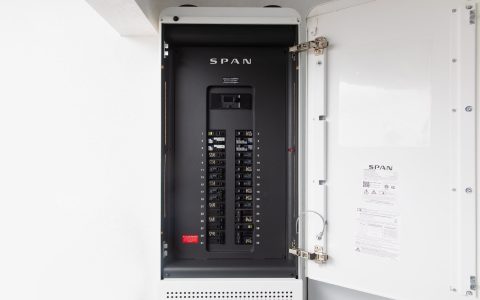When choosing between a plunge router and a fixed-base router, consider the following:
Plunge Router
- Versatility: Plunge routers are more versatile because the motor can move up and down, allowing you to start cuts in the middle of a workpiece.
- Applications: Ideal for tasks like cutting mortises, dados, and stopped grooves.
- Ease of Use: Can be slightly more complex to set up due to the plunge mechanism.
- Safety: Generally considered safer for certain operations as the bit can be fully enclosed before starting the motor.
Fixed-Base Router
- Stability: Fixed-base routers offer greater stability because the motor is locked in a fixed position.
- Applications: Best suited for edge work, trimming, and routing along a template.
- Ease of Use: Simpler to use for basic routing tasks, especially for beginners.
- Adjustment: Height adjustment can sometimes be more cumbersome than with a plunge router.
In summary: If you need a router for a wide variety of tasks and the ability to start cuts in the middle of a surface, a plunge router is the better choice. If you primarily do edge work and need maximum stability, a fixed-base router may be more suitable.








